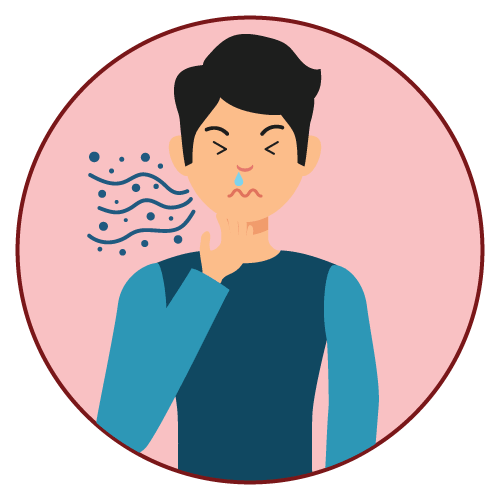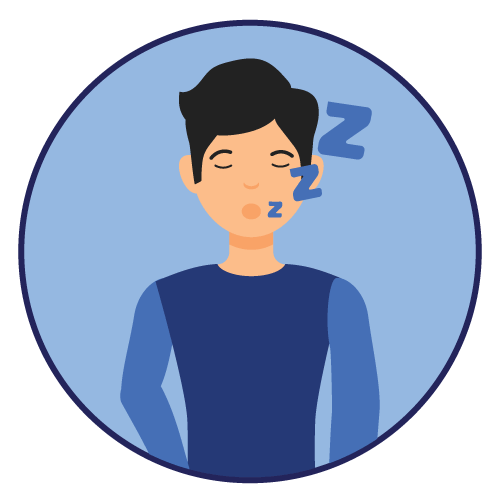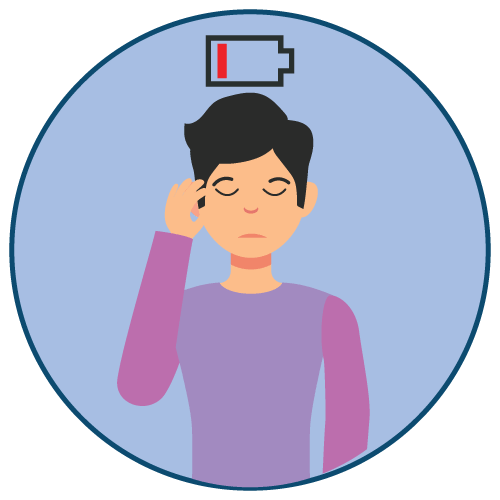Medicine details
| Image |  |
| Name | Alcet |
| Dosage | Oral Solution |
| Generic Name | Levocetrizine Dihydrochloride |
| Classes |
Respiratory Agent Antihistamine Antiallergic Agent |
| Diseases |
Allergic Reaction Hive Rash Rhinitis Urticaria |
| Company | Healthcare Pharmaceuticals Ltd. |
Drug Package Details
| Strength | 500 mcg/ml |
| Storage Condition | |
| Origin Country | Bangladesh |
| Commercial Pack | 1 |
| Price per pack | ৳ 50.00 |
| Cost per pack | ৳ 44.00 |
| Package unit | 60 ml bot |
| Price per unit | ৳ 50.00 |
| Cost per unit | ৳ 44.00 |
| Discount | 0 |
| Coupon | |
| Remarks |
Levocetrizine Dihydrochloride
Levocetirizine hydrochloride tablets and oral solution, is an orally active and selective H1-receptor antagonist.
Levocetirizine dihydrochloride is indicated for the following conditions-
- Seasonal Allergic Rhinitis
- Perennial Allergic Rhinitis
- Chronic Urticaria
Levocetirizine is available as 2.5 mg/5 mL (0.5 mg/mL) oral solution and as 5 mg breakable (scored) tablets, allowing for the administration of 2.5 mg, if needed. Levocetirizine HCl can be taken without regard to food consumption.
- Adults and Children 12 Years of Age and Older:
Levocetirizine HCl is taken once day in the evening at a dose of 5 mg (1 tablet or 2 teaspoons [10 mL] oral solution). 2.5 mg (1/2 tablet or 1 teaspoon [5 mL] oral solution) once day in the evening may be sufficient for some people. - Children 6 to 11 Years of Age:
The recommended dose of Levocetirizine HCl is 2.5 mg (1/2 tablet or 1 teaspoon [5 mL] oral solution) once daily in the evening. The 2.5 mg dose should not be exceeded because the systemic exposure with 5 mg is approximately twice that of adults. - Dose Adjustment for Renal and Hepatic Impairment
In adults and children 12 years of age and older with:
- Mild renal impairment (creatinine clearance [CLCR] = 50-80 mL/min): a dose of 2.5 mg once daily is recommended.
- Moderate renal impairment (CLCR = 30-50 mL/min): a dose of 2.5 mg once every other day is recommended.
- Severe renal impairment (CLCR = 10-30 mL/min): a dose of 2.5 mg twice weekly (administered once every 3-4 days) is recommended.
- End-stage renal disease patients (CLCR < 10 mL/min) and patients undergoing hemodialysis should not receive Levocetirizine HCl.
- No dose adjustment is needed in patients with solely hepatic impairment. In patients with both hepatic impairment and renal impairment, adjustment of the dose is recommended.
Commonly reported side effects associated with levocetirizine include-
- Somnolence
- Dry mouth
- Asthenia
- Dizziness
- Activities Requiring Mental Alertness: In clinical trials, the occurrence of somnolence has been reported in some patients taking levocetirizine; due caution should therefore be exercised when driving a car or operating potentially dangerous machinery.
- Concurrent use of levocetirizine HCl with alcohol or other CNS depressants should be avoided because additional reductions in alertness and additional impairment of CNS performance may occur.
- Use of levocetirizine in nursing mothers is not recommended.
- Levocetirizine is not indicated for children under 6 years of age.
Contraindication
Levocetirizine is contraindicated in those patients with a known hypersensitivity to it or any of its ingredients or-
There is no known contraindications of levocetirizine in terms of food and drinks.
There is no known contraindications of levocetirizine in terms of health condition.






 Bangla
Bangla English
English